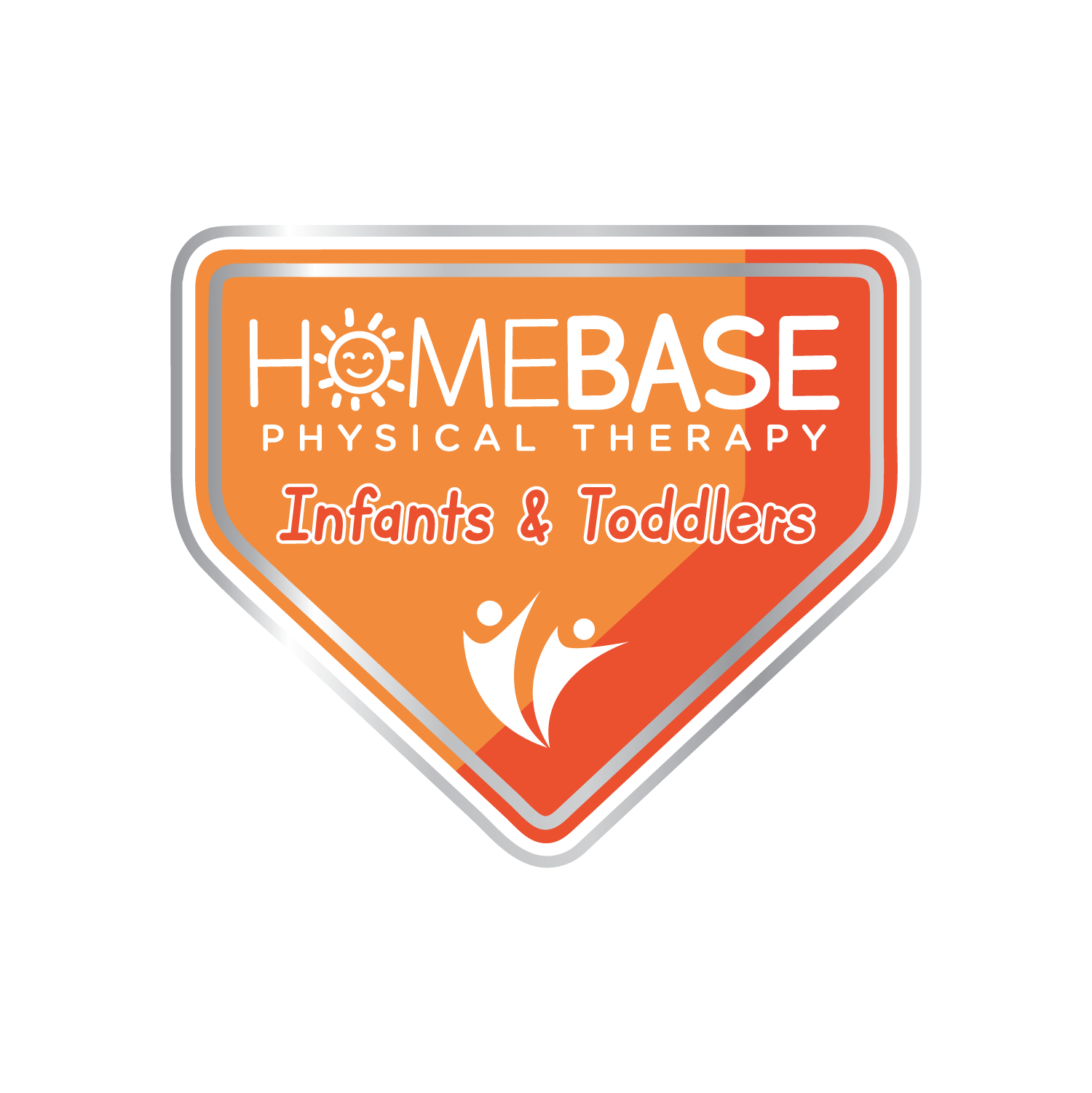Tummy Time - Mommy and Me Tuesday August 6, 2019 from 1:00-1:45
Tummy Time Class – Babies need time on their tummies to develop strong neck muscles which will help your baby accomplish all of her physical milestones like sitting, crawling, and walking. Your baby will naturally start trying to lift her head to see what is going on around her but she won’t be able to hold her head up for long periods of time until she’s around 3 or 4 months. Eventually your baby will use this position to roll over, scoot, and support herself with her arms. Tummy time should start the day Baby comes home from the hospital, according to the American Academy of Pediatrics (AAP).


Brinda Rathod, PT, MSPT, CLT
Brinda has been a physical therapist for over 13 years. She has two primary specialties working with infants and toddlers and she is a certified lymphedema therapist. Her pediatric specialty consists of working with infants with diagnoses or concerns including difficulty tolerating tummy time, torticollis, plagiocephaly or brachycephaly, and delays in reaching developmental milestones. She also works with infants and toddlers with genetic disorders, Cerebral Palsy, Down’s Syndrome, neurological issues, and hypotonia. She offers a variety of infant and Mommy and Me Classes. Brinda is certified in the TummyTime! Method, which helps infants with tummy time and developmental skills.
Her other specialty is working with patients with lymphedema. She became a certified lymphedema therapist over 3 years ago. This specialty allows her to help people manage their lymphedema with complete decongestive therapy including manual lymph drainage and multi-layer compression bandaging. With this therapy, people with lymphedema will learn how to manage their lymphedema and prevent flair ups in the future.
Brinda and Mike have built their practice working compassionately with each patient providing individualized care working with the patient as a whole and educating them on ways to recover and prevent any future injuries, flare ups, or developmental concerns.
